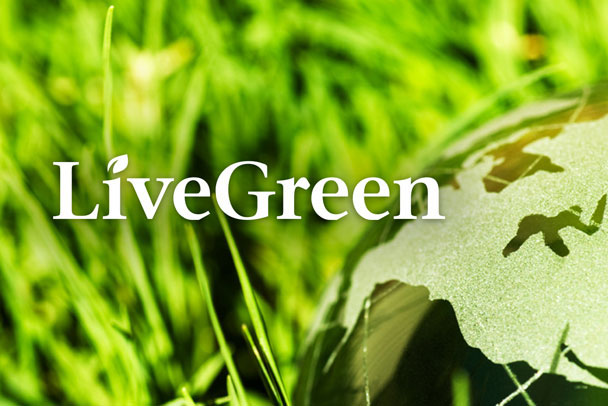The UNMC Office of Sustainability gets a lot of questions about the med center’s recycling process, especially regarding whether materials are actually recycled once they are picked up by contracted haulers.
Sustainability Manager Jerrod Bley recently toured local recycling facility Nebraskaland, which helped clarify some of these questions.
Myth: Once items are placed in recycling bins and go to the sorting facility, a lot of material is separated out and not recycled.
Fact: The med center’s local material recovery facilities, Firstar Fiber and Nebraskaland, thoroughly process material and recycle everything they can. This includes hard plastics (such as pop bottles and laundry detergent containers), aseptic containers (milk and juice cartons), metals (tin and aluminum) and fiber (including paper, cardboard and magazines). Nebraskaland claims only 8% of material they receive ends up in the landfill, meaning 8% was contaminated.
This is a much lower percentage than the industry average, which varies but is regularly cited as two- to three-times higher. If non-recyclable items are placed in bins on campus, they will not be recycled. This is why knowing and practicing what is and what is not recyclable is so important. Try to avoid “wish-cycling” because this can put all other materials in jeopardy due to contamination and a load subsequently being rejected.
Materials arrive to the recycling facility commingled with plastic, metal and paper mixed together or as cardboard and paper only. Commingled materials go through a machine that separates 2D materials (cardboard or paper) from the 3D ones (bottles and cans). Another line ensures that materials such as yard waste and dirt are separated out, and another round of cardboard and paper filtering occurs. Then, a magnet pulls out metals, while aluminum is manually sorted from the mix. Lastly, plastic products and milk cartons are sorted out into separate containers by hand. Each of these are baled and sent to various end users, including domestic fiber mills in the midwest. Many fiber mills will not accept bales with contamination over 2%, so the recycling facilities have an incentive to sort effectively and efficiently.
Myth: Anything that has a recycling symbol on it is recyclable, and it’s better to attempt to recycle even if unsure whether the material is recyclable.
Fact: Not all materials that have a recycling symbol are recyclable. Styrofoam, soft plastics and glass, while they might have a recycling symbol, are not recyclable at the med center. Generally, plastics that have a recycling symbol with a 1, 2, 3 or 5 are recyclable. Remember: When in doubt, leave it out. If unsure whether an item is recyclable, place it in the landfill bin to avoid contaminating the recycling stream. This will go further in achieving the med center’s waste diversion goal.
